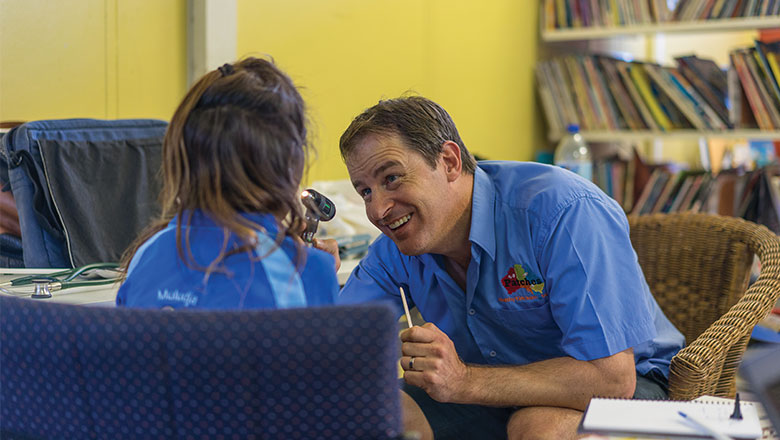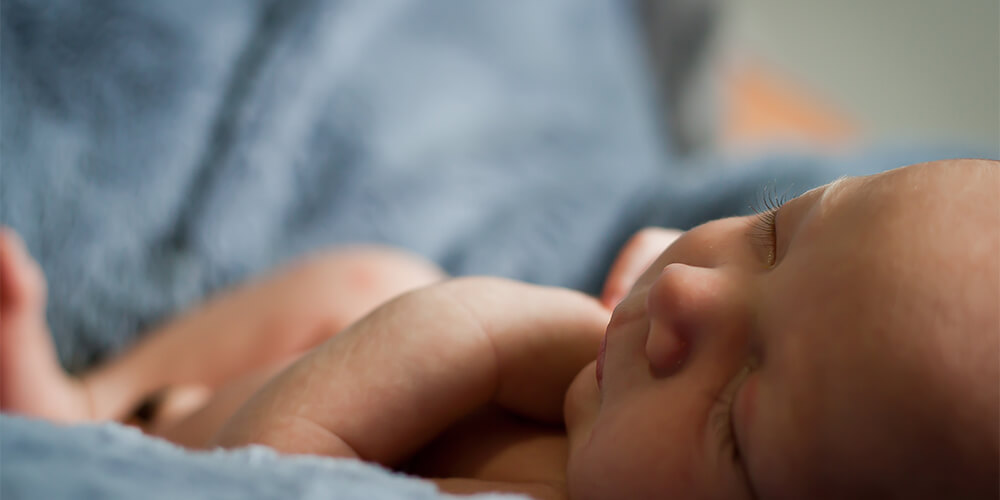Search
Showing results for "mental health aboriginal"
Research
Characteristics of non-Aboriginal and Aboriginal children and families with substantiated child maltreatmentTo investigate specific child and parental factors associated with increased vulnerability to substantiated child maltreatment.
Research
Iron Deficiency in Young Australian Children: A Hidden Health Crisis Demanding Urgent ActionDesiree Silva MBBS, FRACP, MPH, PhD Co-Director, ORIGINS desiree.silva@thekids.org.au Co-Head, The ORIGINS Project Professor Desiree Silva is
Meet the directors and researchers that make up the team behind ORIGINS.

News & Events
Making FASD history in the Fitzroy ValleyThe Make FASD History campaign, led by community researchers and The Kids Research Institute Australia, has made huge inroads into prevention, diagnosis and therapy.

Research
Infants removed by Child Protection: Nature, extent and impactThis study aims to increase knowledge about the nature, extent and impact of removals, repeat removals and entries of new babies into the care system.
Research
The feasibility of a digital health approach to facilitate remote dental screening among preschool children during COVID-19 and social restrictionsTele-dentistry can be useful to facilitate screening of children, especially those living in rural and remote communities, and during the COVID-19 pandemic. This study evaluated the feasibility of tele-dental screening for the identification of early childhood caries (ECC) in preschoolers using an app operated by their parents with remote review by oral-health therapists.
Research
Systematic Review of Household Transmission of Strep A: A Potential Site for Prevention That Has Eluded AttentionAlthough Streptococcus pyogenes (Strep A) is the sixth-most common infectious disease globally, its transmission within the household remains an understudied driver of infection. We undertook a systematic review to better understand the transmission of Strep A among people within the home, while highlighting opportunities for prevention.
Research
Research using linked data to explore outcomes for children who have left out-of-home careThe Kids Research Institute Australia has been commissioned to investigate outcomes for children who have left out-of-home care and are currently 25 years of age.
On this Research Impact page, we showcase real game-changers - research that changes the very way other scientists around the world think and approach challenges. The far-reaching impact on children and families for all the stories shown on these pages is both exciting and significant.
Research
Acceptability and Implementation Challenges of Benzathine Penicillin G Secondary Prophylaxis for Rheumatic Heart Disease in Ethiopia: A Qualitative StudyMonthly intramuscular injections of benzathine penicillin G (BPG) remain the cornerstone of secondary prophylaxis for acute rheumatic fever and rheumatic heart disease (RHD). The barriers to successful delivery of BPG may be patient- or service-delivery-dependent.
